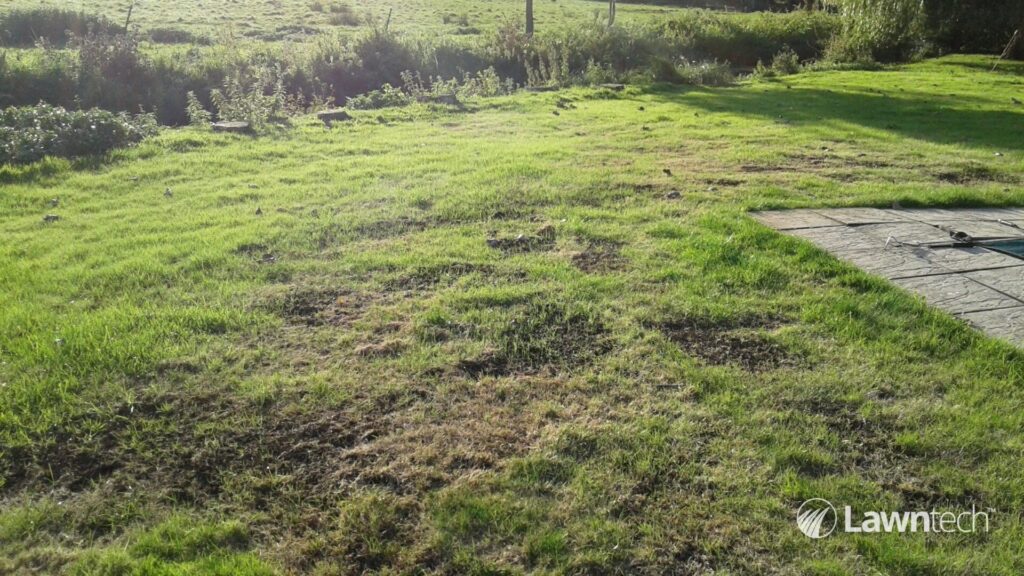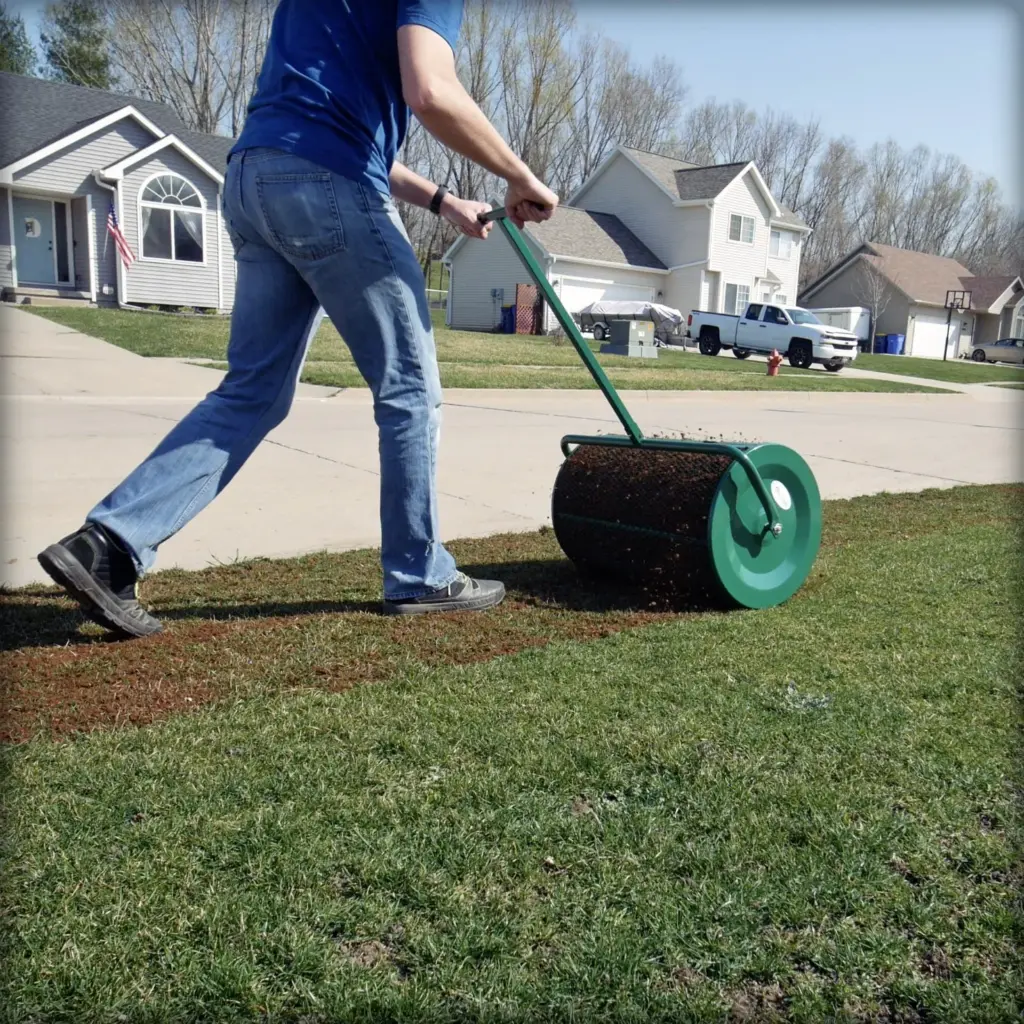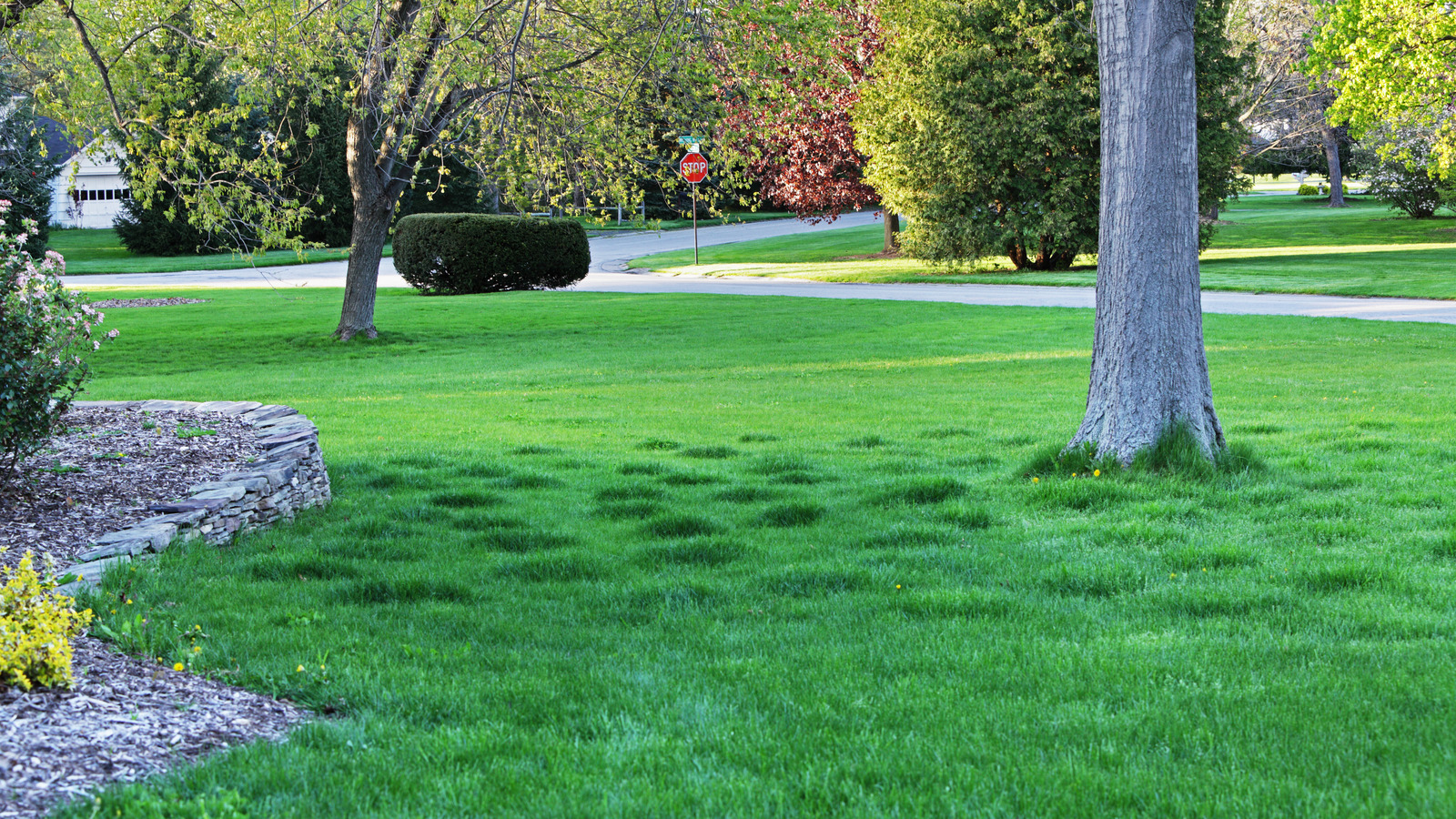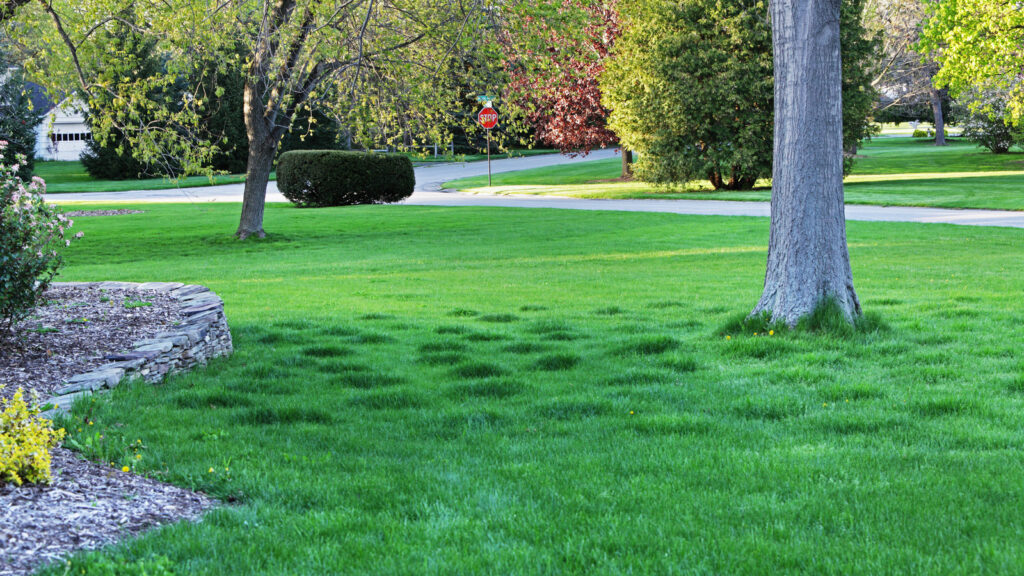How to Level a Bumpy Lawn Without Replacing Grass: A Complete DIY Guide
By Innovation Grounds
A bumpy lawn not only looks unsightly but also makes mowing difficult and can pose a tripping hazard. Luckily, you don’t need to tear up your lawn and start over to fix it. With the right approach, you can level your lawn without replacing the grass — saving you time, money, and effort.
In this guide, we’ll walk you through how to level a bumpy lawn the right way using simple tools and materials. Whether your lawn is full of small dips or larger uneven spots, you’ll find the solution here.
Why Lawns Become Uneven
Before diving into how to fix it, let’s understand why your lawn may have become bumpy in the first place. Some common causes include:
Soil settlement after construction or landscaping
Heavy foot traffic that compacts the soil
Animal activity such as moles, voles, or insects
Natural erosion from rain or irrigation
Poor drainage causing water to pool in certain areas
Identifying the cause can help prevent future issues after you’ve done the work to level your lawn.

What You’ll Need to Level Your Lawn
To level a lawn without replacing grass, gather the following tools and materials:
Lawn mower
Garden rake
Landscaping rake or leveling rake
Topdressing mix (a blend of sand, compost, and topsoil)
Shovel or wheelbarrow
Water hose or sprinkler

Step-by-Step Guide: How to Level a Bumpy Lawn Without Replacing Grass
1. Mow Your Lawn Short
Start by mowing your lawn to a shorter height than usual, but don’t scalp it. This will make it easier to see the uneven areas and allow the topdressing to reach the soil.
2. Identify Low and High Spots
Walk around the lawn and mark noticeable dips and mounds. Use a long board or level to spot subtle unevenness. Pay special attention to areas that pool water after rain.
3. Dethatch if Necessary
If your lawn has more than ½ inch of thatch (a thick layer of organic material between the grass and soil), it’s best to dethatch it. Excess thatch prevents topdressing from reaching the soil.
4. Apply Topdressing Mix
Use a wheelbarrow and shovel to apply your topdressing mix evenly over low areas. For minor uneven spots, spread a thin ½-inch layer across the entire lawn. For deeper dips, fill just the low areas and let the grass grow through.
5. Work the Mix In
Use the back of a rake or a leveling rake to gently work the mix into the grass and soil. Avoid completely burying the grass blades. The grass will grow through the mixture if some green is still visible.
6. Water Thoroughly
Water the lawn to help the topdressing settle into place and encourage grass growth. Moisture will also help compact the soil naturally and reveal any areas that need a second application.
7. Repeat if Needed
For lawns with severe bumps or depressions, you may need to repeat the process two or three times throughout the growing season. Always wait until the grass has grown through the previous layer before applying more topdressing.

Lawn Leveling Tips for Long-Term Success
Use the right mix: Sand helps with drainage, compost adds nutrients, and topsoil supports growth.
Choose the right season: Spring or early fall is the best time to level your lawn, when grass is actively growing.
Don’t overdo it: Avoid applying too much material at once. Grass can suffocate if buried too deeply.
Be patient: Grass takes time to grow through topdressing. Give it a few weeks before evaluating results.

When to Call a Professional
If your lawn has significant drainage problems, large sinkholes, or poor soil quality, it might be best to consult a lawn care professional. While DIY lawn leveling works well for minor to moderate bumps, serious issues may require grading or soil correction.

Final Thoughts
Learning how to level a bumpy lawn without replacing grass is not only doable but also satisfying. With a little patience and the right techniques, your lawn can become smooth, healthy, and easier to maintain. Keep up with regular maintenance and watch your yard transform into a lush, level landscape.


